We love vines for all the garden problems they help to solve (covering things up, blocking things out.) However, climbing vines are also a welcome sight for wildlife passing through. (Whether those vines cling by aerial rootlets, or those that need the support of a trellis or other structure.) Many vines are little food factories (pollen, nectar, fruits) while others provide cover for nesting birds. (Especially the space between a wall and a trellis.) Vines are also used as resting places for pollinators. Some take space; others can be grown in containers. Might as well have a wonderful plant that does double duty, making both you and wildlife happy!
About: Dainty, abundant blooms blanket the garden first in mid- to late summer, then return for an encore in fall. Zone: 5 – 9
Attracts: Hoverflies, moths, butterflies, beetles and solitary bees; Nesting for birds
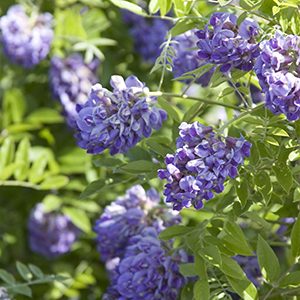
Amethyst Falls American Wisteria
About: Native, much less rampant than Asian Wisterias and much more likely to bloom at an early age. Zone: 5 – 9
Attracts: Bumblebees; Butterfly larval host for Horace’s Dusky Wing and Silver-spotted Skipper
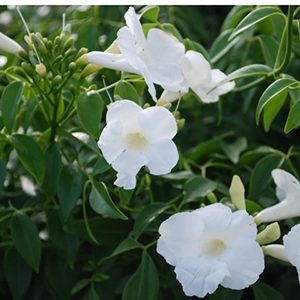
White Bower Vine
About: Consummate night-garden vine, with its big, white trumpet flowers. Grow over windows or around doorways. Zone: 9 – 11
Attracts: Provides cover and nesting for small birds; pollen for butterflies, night moths
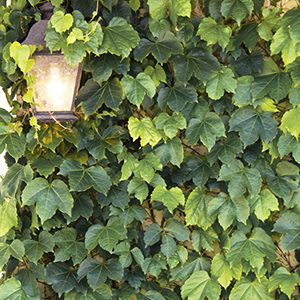
Green Showers Boston Ivy
About: Self-clinging, vigorous, deciduous vine with extra large green leaves that turn rich burgundy in fall. Zone: 4 – 9
Attracts: Bees (love the tiny flowers), birds (thrushes, waxwings, starlings, blackbirds), butterflies, hoverflies
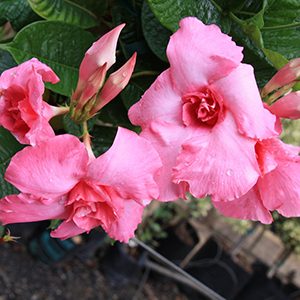
Pink Parfait® Mandevilla
About: Twining evergreen vine displays unusual, double, trumpet-like, vibrant pink flowers; perfect for patio gardens in humid climates. Zone: 10 – 11
Attracts: Hummingbirds. Hummingbirds. Hummingbirds.
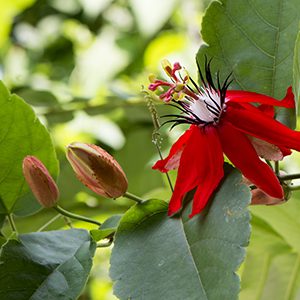
Crimson Passion Flower
What: Great for shade arbors. It can snake up posts of wood, concrete or classical stone columns and hang gracefully. Zone: 10 – 11
Attracts: Butterflies (Gulf Fritillaries and Zebra Longwing); Fruits provide food for songbirds.
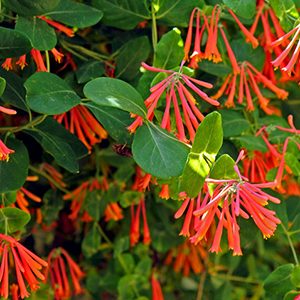
Trumpet Honeysuckle
What: Native to eastern/southeastern U.S. Alternative to Japanese honeysuckle in places where that species can be invasive. Zone: 4 – 9
Attracts: Hummingbirds, butterflies, moths
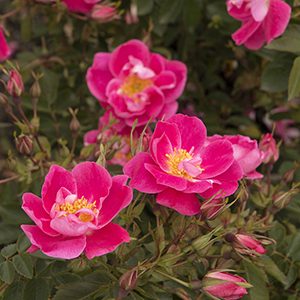
William Baffin Climbing Rose
About: All sorts of wildlife is attracted to easy access of pollen in open flowered roses such as this. Pretty, fragrant, cold tolerant. Zone: 3 – 10
Attracts: Native bees, solitary bees, butterflies
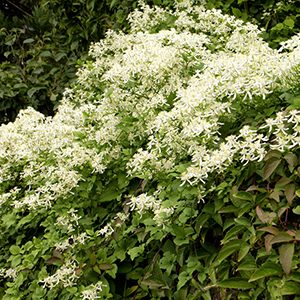
Sweet Autumn Clematis
About: Fluffy clouds of fragrant, creamy white flowers, even in partial shade. Keep in check by pruning in spring before growth begins.Zone: 4 – 9
Attracts: Native bees, butterflies, dragonflies

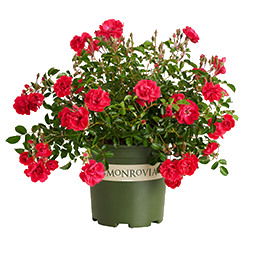



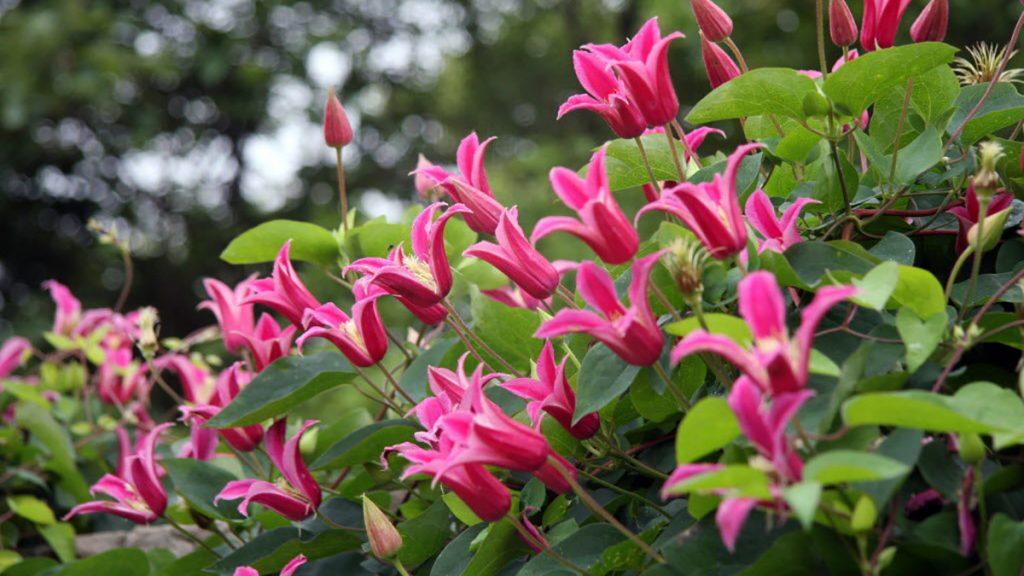
Please login to comment.
Don't have an account?
Sign Up for free